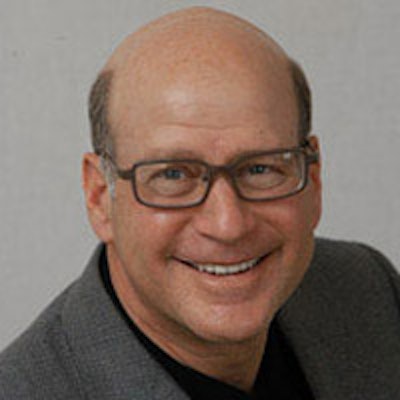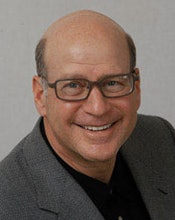
SAN FRANCISCO - If you are in or have spent time in California in the last weeks, you've probably heard or seen an ad urging you to vote no or yes on Proposition 46.
In 1975, the California state government passed the Medical Injury Compensation Reform Act (MICRA). The act places a $250,000 cap on speculative, noneconomic damage awards and is credited with stabilizing the malpractice insurance costs California dentists and other healthcare practitioners face.
Under MICRA, dentists and other healthcare providers are protected from extreme liability exposure. However, the act's provisions also include unlimited compensation for all economic damages or out-of-pocket costs. Wages, medical costs, and punitive damages are all paid on an unlimited basis, and these payments have continued to go up at more than twice the rate of inflation.
Now, with the law just short of its 40th anniversary of its passage, a new ballot proposition has been launched in California. Proposition 46, written as "The Troy and Alana Pack Patient Safety Act," is an attempt to win approval to quadruple MICRA's cap on noneconomic damages to $1.1 million.
 Daniel G. Davidson, DMD.
Daniel G. Davidson, DMD.The California Dental Association (CDA) is one of more than 100 organizations opposing Proposition 46. At the recent CDA Presents conference in San Francisco, Daniel G. Davidson, DMD, past president of CDA and a board member of the Dentists Insurance Company (TDIC) gave a timely presentation on the status of Proposition 46 and why defeating the ballot measure is a priority for CDA and so many other healthcare organizations. Dr. Davidson spoke with DrBicuspid.com just before his presentation.
"We are two months away from the November 4 election, and it is important that we educate dentists about the dangers of Prop 46 and why it's important to vote no," he said. "The ballot measure would increase healthcare costs, limit access to care, and threaten the privacy of personal drug prescription information."
He noted that those in favor of Proposition 46 are those who stand to gain the most.
"Proposition 46 was written by trial lawyers who stand to profit from medical lawsuits," Dr. Davidson said. They have thrown in other provisions under the guise of so-called patient safety, but this is really about lawsuit profits."
One of the not-as-well-known effects of the ballot measure is that, if passed on November 4, on November 5 all healthcare prescribers in California would be required to check a patient's prescription history with the state's Controlled Substance Utilization Review and Evaluation System (CURES) before prescribing schedule 2 and 3 substances, according to Dr. Davidson.
"In 2009, the state set up CURES," he said. "The database unfortunately lacks the functionality to handle the new demands that would be placed on it, as Proposition 46 mandates immediate implementation."
Dr. Davidson is also concerned that the privacy of personal health information would be at risk.
"[CURES] is not immune to hacking and the theft of patients personal medical information that is online," he said. "And there is no provision in Proposition 46 to provide for increased functionality or increased security standards."
Passage will put healthcare prescibers in a difficult ethical position, he said.
"As this mandate takes effect the day after the election, this would put providers in the position of either denying patients the medications they need or breaking the law," he said.
For dentists, Dr. Davidson estimated Proposition 46's passage would put "enormous upward pressure on insurance premiums."
"Before MICRA was enacted, dentists and other practitioners were seeing annual increases of up to 400%," he said. "MICRA stabilized premiums by enacting a $250,000 cap on noneconomic damages."
He cited an analysis of the ballot measure by an impartial former California legislative analyst, who estimated that this would increase costs across all sectors of the healthcare marketplace and increase healthcare costs for consumers, taxpayers, and the state by about $9.9 billion annually. The analyst translated this to more than a thousand dollars a year in additional healthcare costs for a family of four, according to Dr. Davidson.
The coalition working to defeat the proposition was airing TV, radio, and social media advertising and meeting with editorial boards of newspapers to "get the facts out to the public," Dr. Davidson said.
"You are going to be inundated prior to election day, and we hope Californians will be thoroughly educated and make the right decision to vote no on this proposition," he said.
He urged dentists and other healthcare providers to go to the NoOn46.com website to learn more about the ballot measure and to get free campaign materials for display.
Before the interview ended, Dr. Davidson wanted to point out that "CDA and TDIC believe this is probably the most important medical issue to come before the voting public in recent history."


















